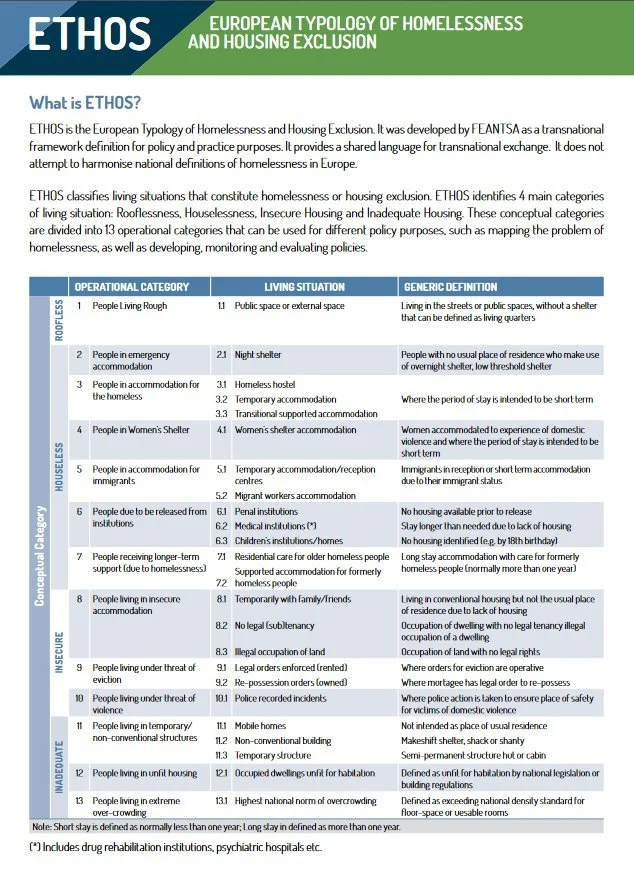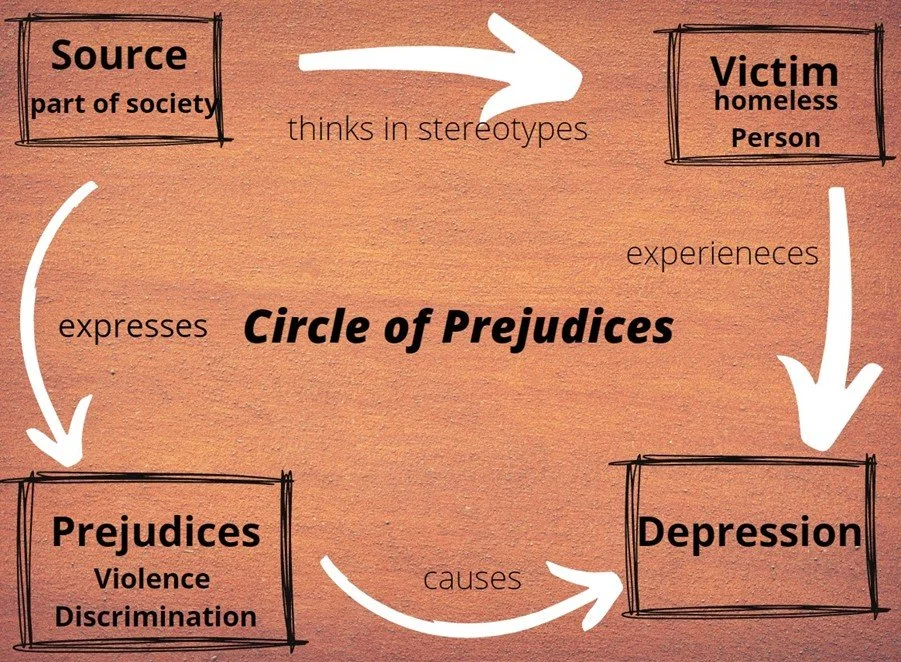Written by Andrew Funk
Are you currently attending a university like Mays Business School (Texas A&M)? Is your university thinking about creating social impact in cities like Barcelona and Madrid in Spain? Would you like to get to know the people you’d like to support and the stories in the streets of their city as well as the best way to collaborate?
If you’ve answered YES to all three questions, we have an inspirational fundraising activity just for you and your university!
*Important Note: Homeless Entrepreneur is able to provide Homeless Entrepreneur City Tours in cities where we have Homeless Entrepreneurs, who are currently in our HELP program or have graduated. We design the city tour specifically for each group.
Homeless Entrepreneur City Tour
Our first Homeless Entrepreneur City Tour took place on August 5, 2016. We guided students and teachers from Mays Business School (Texas A&M) through the streets of Madrid.
We met up at La Puerta del Sol and ended up in the same place, where our first Homeless Entrepreneur, Marcos, read a poem called “Society,“ which he specifically wrote for our City Tour guests. During this experience, we shared the untold stories of these streets as well as our vision of how homelessness should be addressed. The students made cardboard signs and took pictures with other people in the street to generate content they ultimately used to create awareness online via social media and offline with those who crossed their path.
3 Reasons Why You Should Do a City Tour with Homeless Entrepreneur (HE)
Knowledge: Understand the current situation regarding poverty and homelessness in the city you are visiting. We provide a complete vision of our innovative, international model to address and end homelessness thanks to the Homeless Entrepreneur community members who participate in this city tour e.g. an HE team member, an HE beneficiary and a volunteer and/or intern.
Recognition: The interactive nature of this city tour opens up the opportunity for the guests to recognize how they can participate by diving deeper into the issues via spontaneous conversations with people experiencing homelessness in a safe, friendly environment.
Change: Create direct change and social impact in your local community by raising funds thanks to the event and decide exactly where they are destined. You can support the following items:





